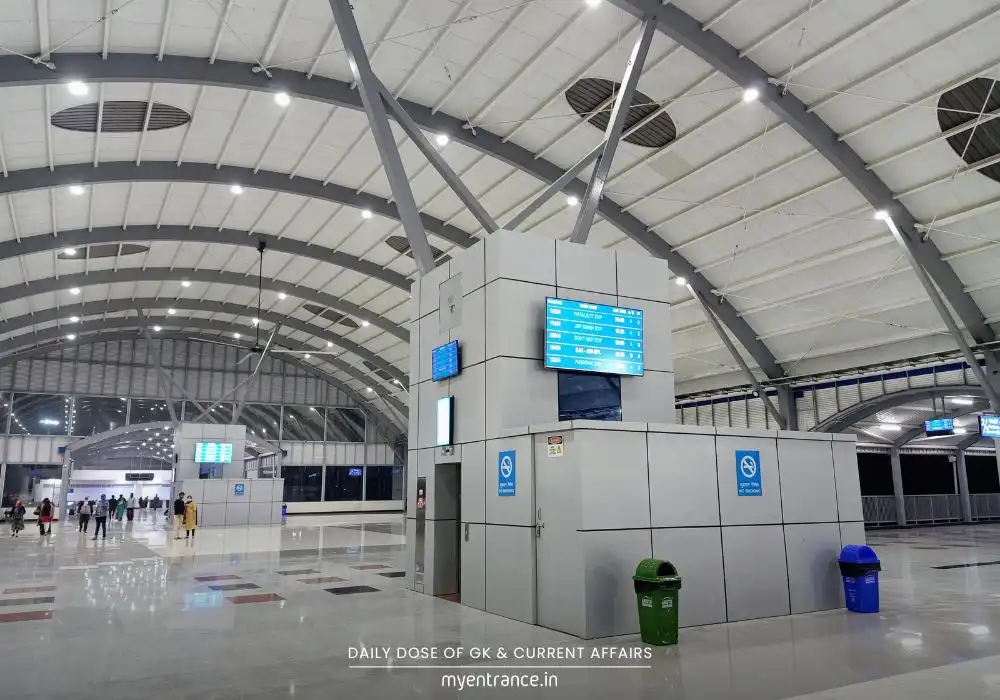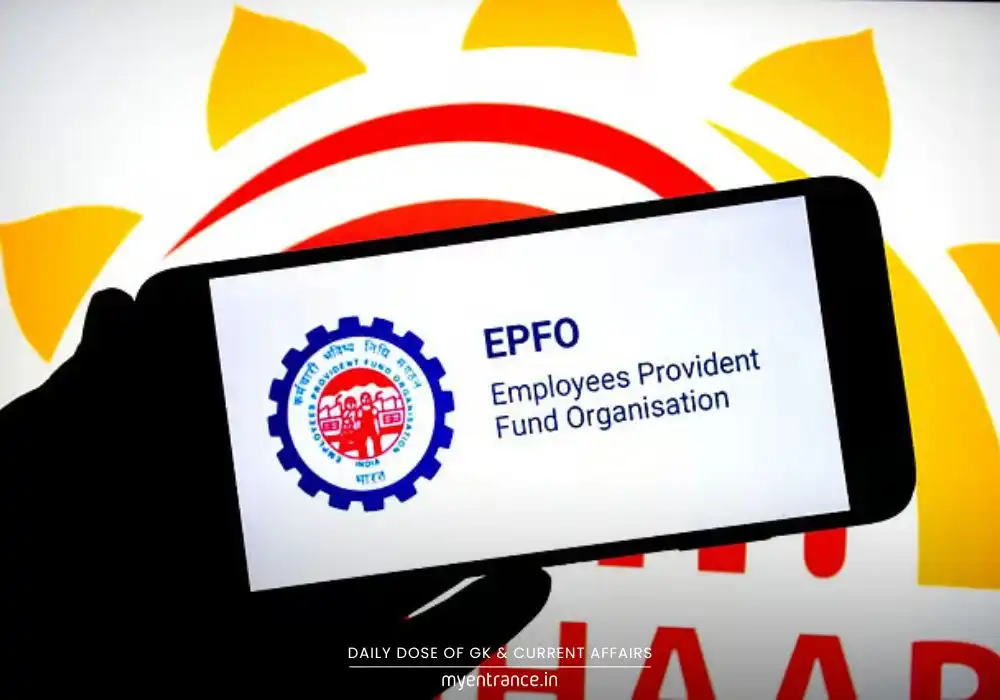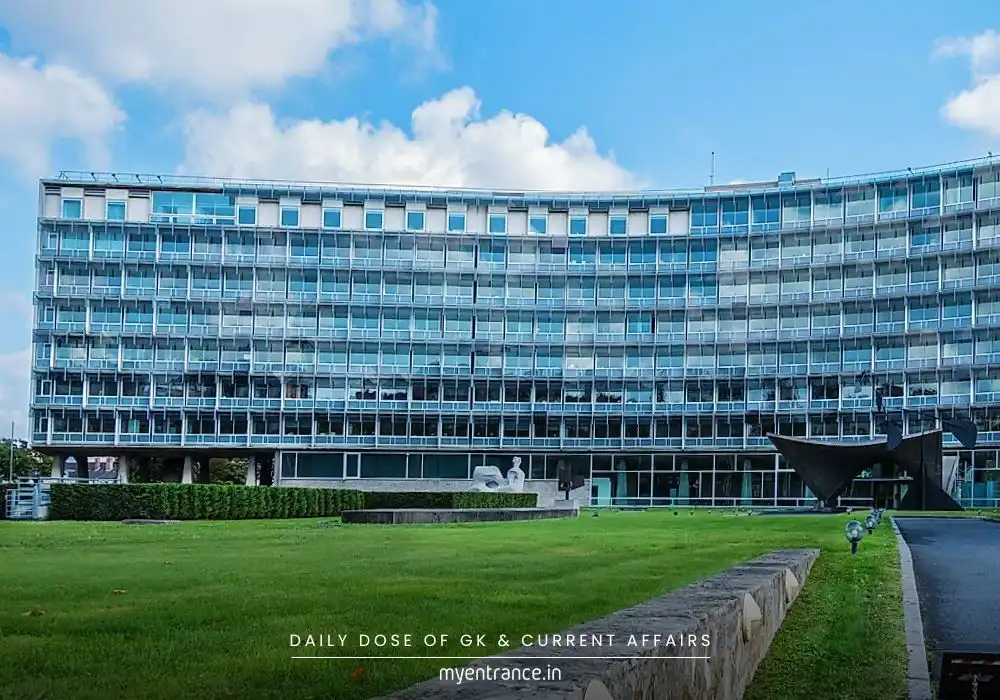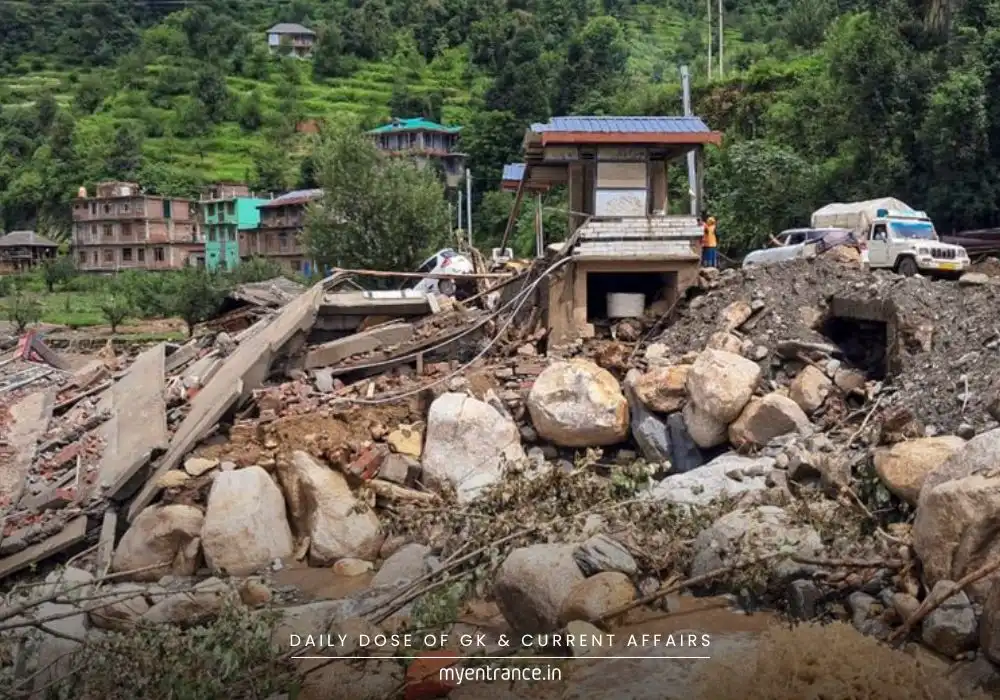Translate Language
Why is Tamil Nadu Chosen for India’s Carbon Capture Revolution in Cement?
The cement industry is a major contributor to India’s carbon emissions, accounting for 7-8% of industrial CO₂ output. To combat this, Tamil Nadu has been selected as one of five locations for a Carbon Capture and Utilisation (CCU) testbed, a cutting-edge initiative to reduce emissions.
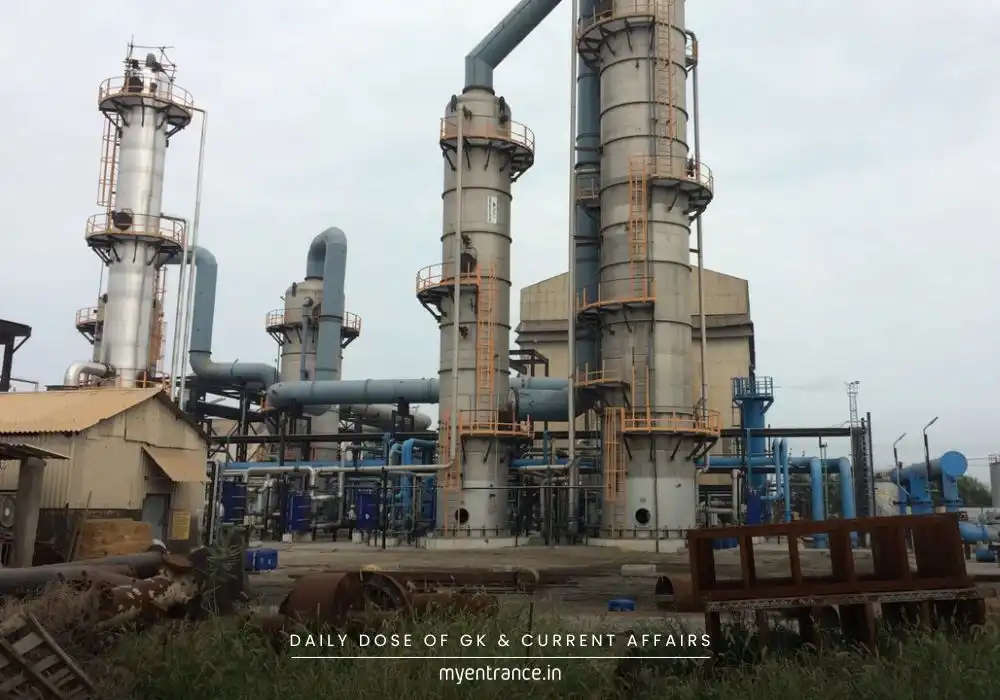
The testbed will be set up at Ultratech Cement’s Reddipalayam plant in Ariyalur district, with technical support from IIT Madras and BITS Pilani (Goa). This project is part of a national program by the Department of Science and Technology (DST) to validate CCU technologies that can convert CO₂ into useful products like synthetic fuels, urea, and even food-grade CO₂.
How Will the Carbon Capture Testbed Work?
The Reddipalayam plant will test an oxygen-enriched combustion-based kiln system to capture CO₂.
Up to 2 tonnes of CO₂ per day will be trapped and mineralized using waste materials like concrete sludge and fines.
The captured carbon can be repurposed into construction materials, chemicals, and industrial products, reducing waste and emissions.
Other Testbed Locations in India
Besides Tamil Nadu, similar CCU projects are being launched in:
Chittorgarh (Rajasthan)
Sundergarh & Rajgangpur (Odisha)
Kurnool (Andhra Pradesh)
Union Minister Jitendra Singh confirmed that financial approvals for these projects are underway, marking a major step toward sustainable industrial growth.
Key Questions & Answers About the Carbon Capture Testbed
Q1: Why is Tamil Nadu chosen for this carbon capture project?
A1: Tamil Nadu has a strong cement industry presence and research support from IIT Madras and BITS Pilani, making it ideal for testing CCU tech.
Q2: How does carbon capture help the cement industry?
A2: It traps CO₂ emissions before they enter the atmosphere, converting them into useful products like urea and construction materials, reducing pollution.
Q3: What is the daily CO₂ capture capacity of the Tamil Nadu testbed?
A3: The plant aims to capture up to 2 tonnes of CO₂ per day initially.
Q4: Which organizations are supporting this initiative?
A4: IIT Madras, BITS Pilani, and the Department of Science and Technology (DST) are key collaborators.
Q5: Will this technology be expanded to other industries?
A5: If successful, similar carbon capture methods could be adopted by steel, power, and chemical industries to cut emissions.
Why is This Important for Competitive Exams?
This development is crucial for exams like UPSC, SSC, PSC, and KAS because:
✔ Environmental Policies – Aligns with India’s Net Zero by 2070 goal and climate change mitigation strategies.
✔ Science & Tech – Tests cutting-edge carbon capture innovations, a hot topic in tech & sustainability sections.
✔ Economic Growth – Shows how industries can reduce emissions while maintaining productivity, a key discussion in economy-based questions.
✔ Government Initiatives – Part of DST’s national program, relevant for questions on scientific research funding.
For aspirants, staying updated on such green industrial initiatives can help in essays, current affairs, and interview answers—making it a must-know topic!
Get 3 Months Free Access for SSC, PSC, NIFT & NID
Boost your exam prep!
Use offer code WELCOME28 to get 3 months free subscription. Start preparing today!
